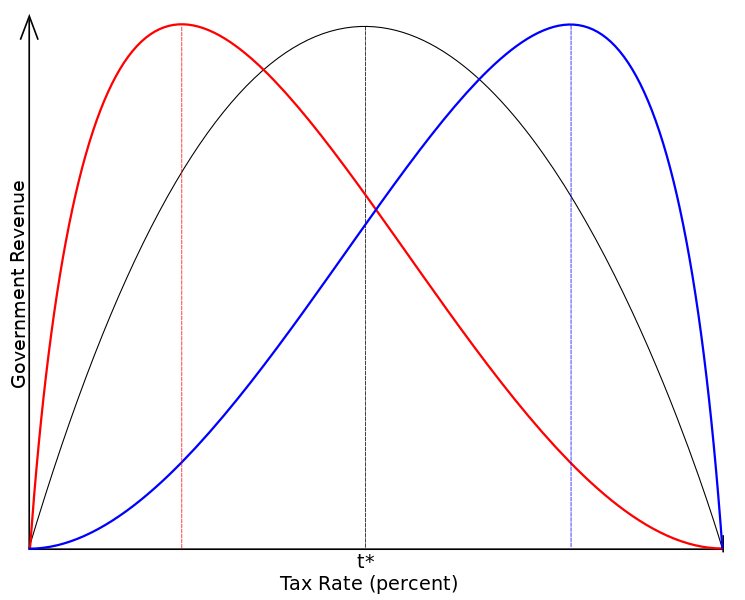Dr.Demento
Spy
- Joined
- Jan 14, 2010
- Messages
- 378
- Reaction score
- 4
Holy shit, I was right!
I didn't even realize that Rakurai made a Sim City 4 thread not long ago until just now and I WAS F**KING RIGHT!
I didn't even realize that Rakurai made a Sim City 4 thread not long ago until just now and I WAS F**KING RIGHT!


